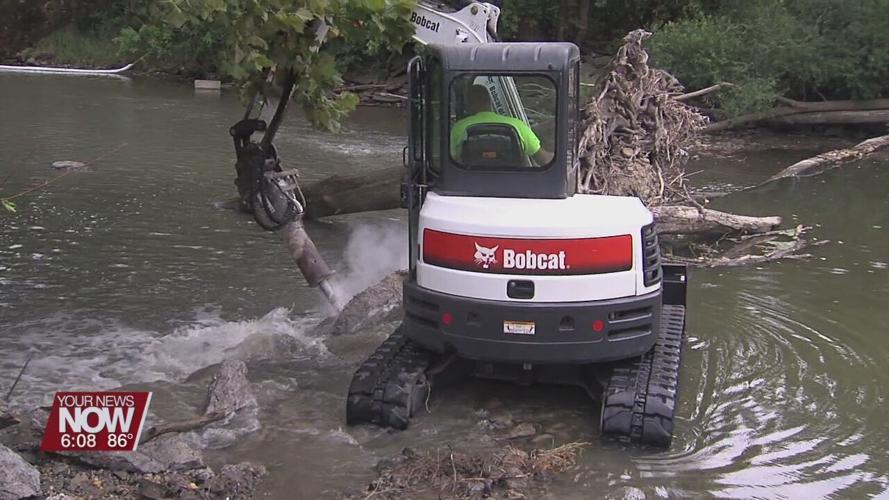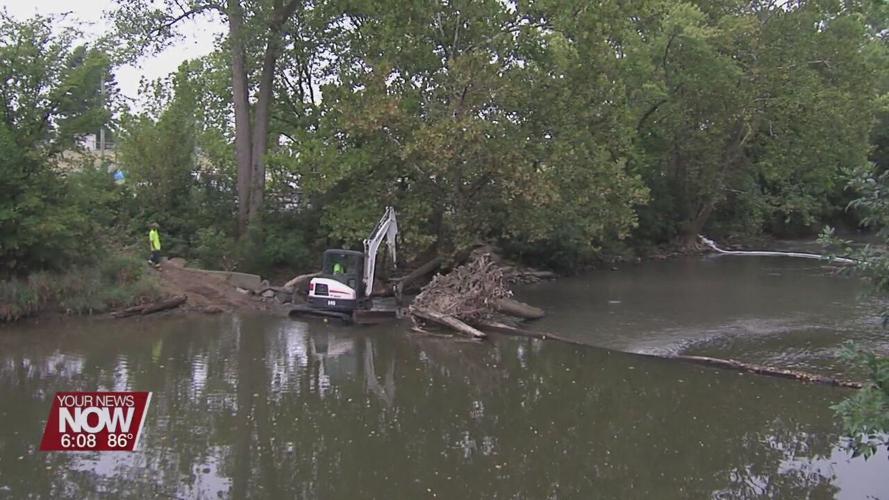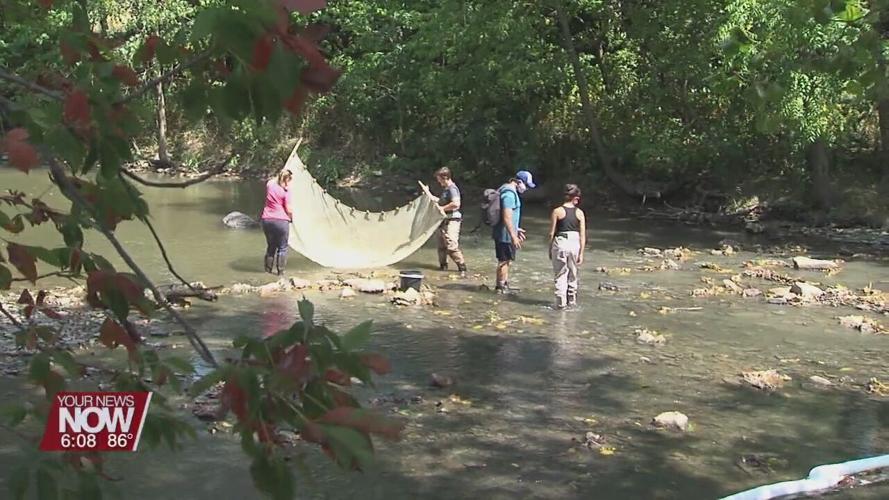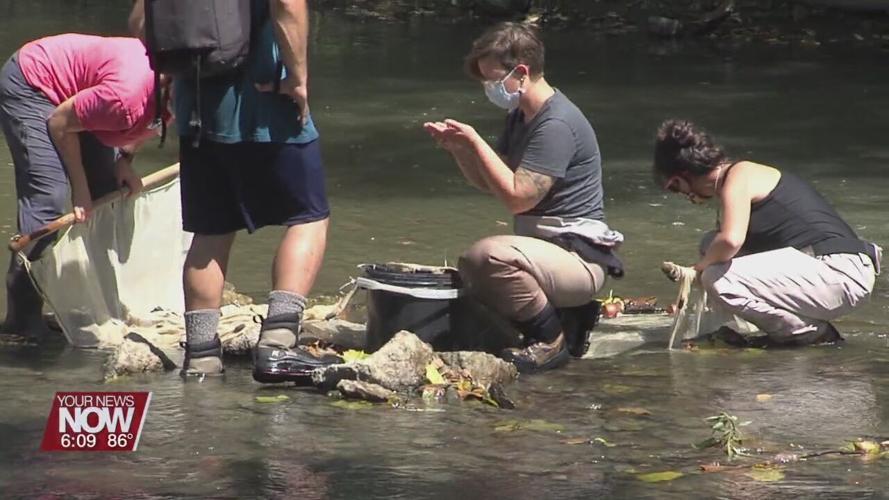
Early Thursday morning, deconstruction of the Ottawa River dam in Allentown began.

In 2013, the Ohio EPA indicated that the lowhead dam was blocking passage of many creatures living in the Ottawa River. For the last few years, meetings and studies by the Ottawa River Coalition were held to decide the fate of the 88-foot-long dam. It's been decades since it's been used, so the green light was given by state and federal corporations for its removal.

Cory Gonya, Chairman of Ottawa River Coalition explains, “The dam was built in the 1930s, and it was used as a stream gauging station. It would monitor the flow in the river, and that was for the USGS (United States Geological Survey). The stream gauge became obsolete in the 1980s, and it was removed. Essentially the dam has not served a purpose for nearly 40 years. So, it’s basically just a small speed bump that’s inhibited fish passage upstream.”

As part of efforts to revive the river's quality, volunteers worked on relocating the freshwater mussel population. As the dam is removed, water levels upstream will drop rapidly. This will leave behind many dry areas that once housed mussels, making it difficult for them to migrate. In Ohio, freshwater mussels are an endangered species. Not only is it important to protect their numbers, but they are crucial in maintaining water quality.
“Freshwater mussels, a lot of people just call them clams. They live in the bottom of the stream, and their main function is they filter water," explains Nate Tessler, an Environmental Scientist, and head of the mussel relocation efforts. "They’re sucking in water as it’s coming downstream, they’re filtering it, they’re cleaning it, and then shooting water back out. So, they’re kind of like a filtration system for the river.”
After the dam's removal, the Ottawa River Coalition will continue to follow up on the water's status by conducting surveys of the area and documenting it back to the state.
“One of the key pillars of the Ottawa River Coalition is to help maintain and improve the water quality of the Ottawa River and we believe that this project will have a very positive impact on the river," says Gonya.














